By Chloe Zgorzelski
It’s the most wonderful month of the year – December! I’m so excited to experience all of the wonderful Danish Christmas Markets, experience the magic of Tivoli at Christmas, eat some delicious Æbleskiver, and celebrate the holidays with my family. But for students all around the world, including myself, the holiday season always goes hand in hand with the culmination of another academic semester and, of course, finals. So, in the spirit of finals season, I figured I would give you a quick peek into the world of academia at the University of Copenhagen, by highlighting three unique aspects that make university life in Denmark different than university life at home in California.
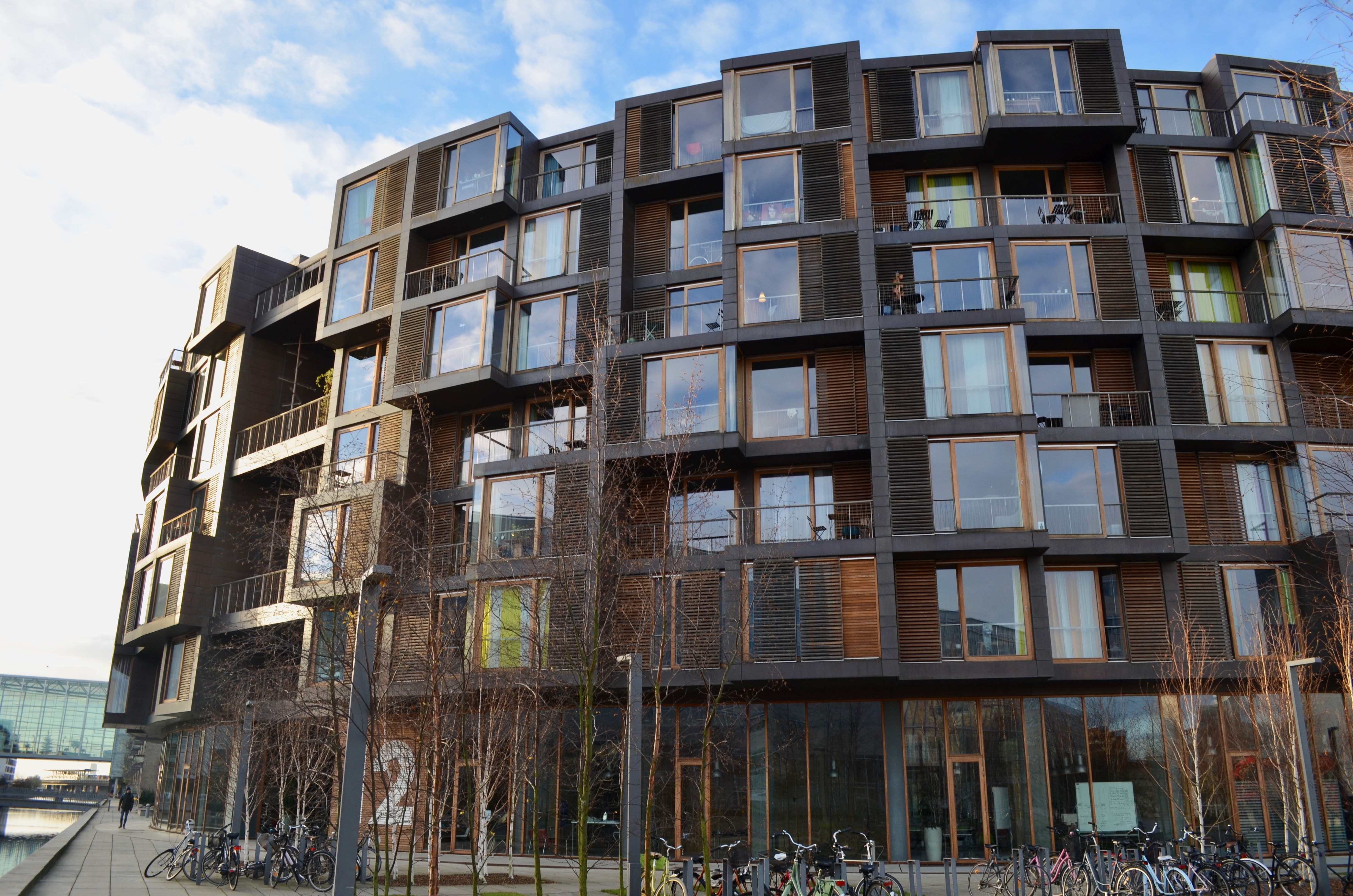
#1 – Courses
As an exchange student at the University of Copenhagen, you have the ability to enroll in a wide range of courses taught in English that span a variety of different disciplines and subjects. Some of the most popular disciplines at the university are environmental studies, health sciences, economics, and political science. While most of the courses offered are at the upper-division undergraduate level, students do have the ability to enroll in master’s level coursework. The university also offers a selection of Danish Culture Courses, which are classes highlighting various facets of Danish Culture, like Nordic Mythology or Danish Architecture, designed specifically with exchange students in mind. Classes at the University of Copenhagen usually meet less times per week, for an extended period of time, rather than multiple times a week in shorter intervals, as is typical of the UC system. My social psychology course, for example, only meets once a week on Mondays from 3-6pm. My professor divides our class time into mini-sections and gives us one or two 10 minute “brain breaks” in between, as is typical of most classes at the university.
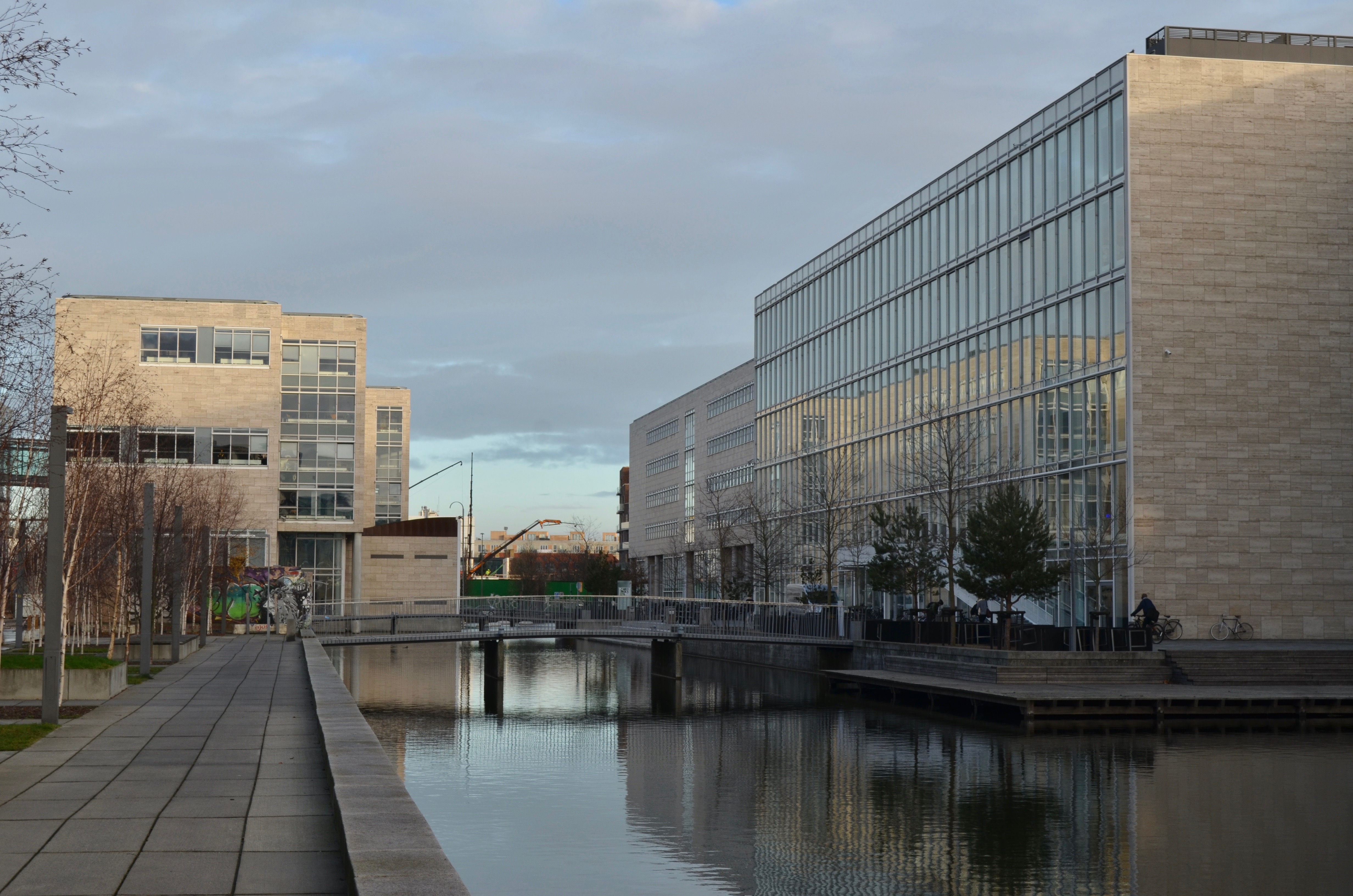
Courses here also carry an extremely high number of units. Even though I am only enrolled in two classes, I am considered a full-time student at the University of Copenhagen as both of my courses are each worth 15 ECTS points which is the equivalent to 24 UC Units. This has been adjustment for me, but this schedule has allowed me to use the rest of my week to travel, to volunteer at Studenterhuset, and enjoy all that Copenhagen has to offer! FUN FACT: All classes start exactly fifteen minutes after the official course start time, as per Danish tradition. Before cellphones and reliable watches, the Danes relied on the clocktowers around the city to indicate the time of day. Therefore, when the clock chimed at the hour, they understood that it was time for them to start making their way to class and they had about fifteen minutes to get there.
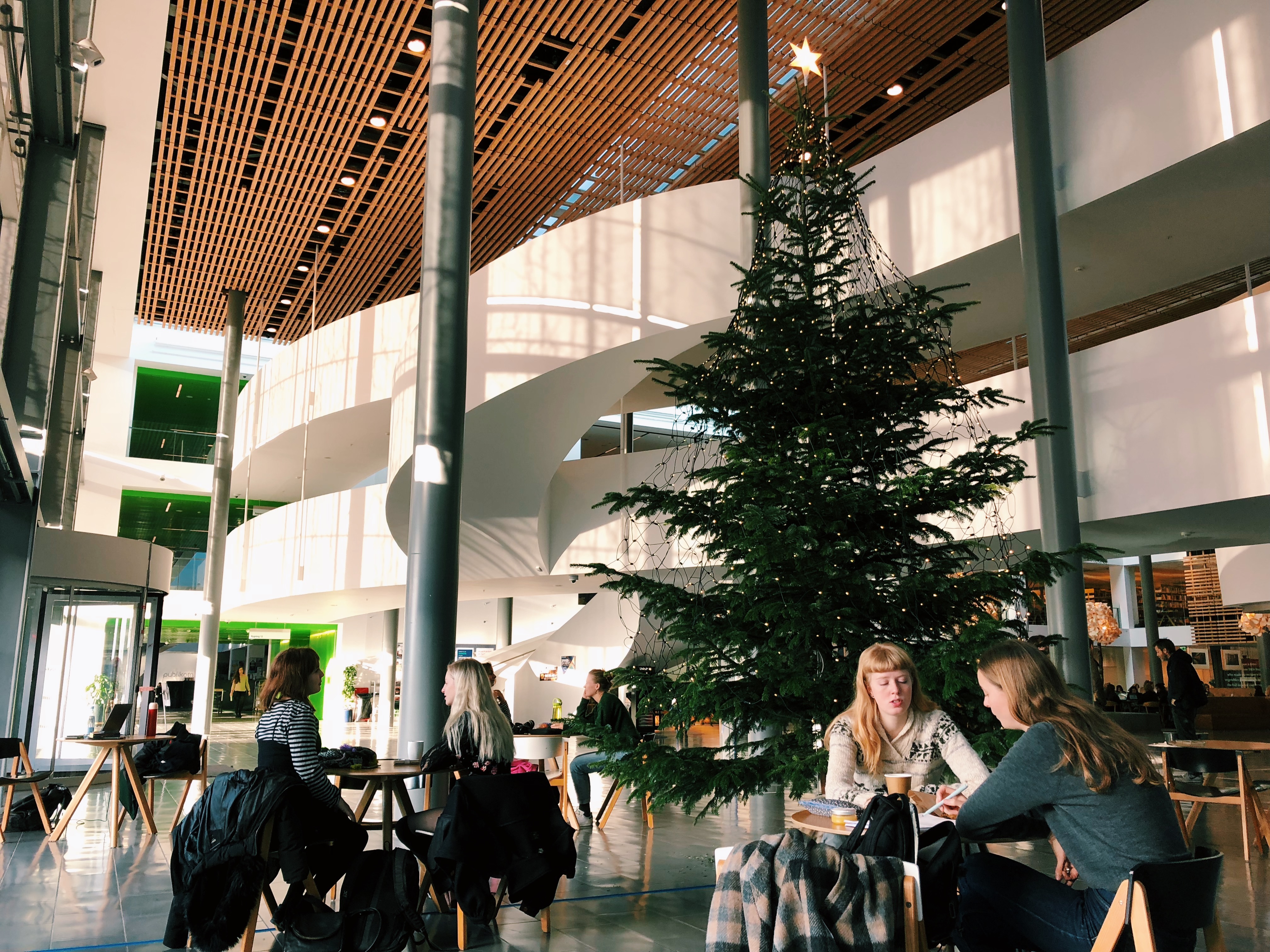
#2 – Campus
The University of Copenhagen is integrated into the city on four different campuses, each specializing in different disciplines: North Campus – Health & Medical Science, South Campus – Humanities, Law & Theology, City Campus – Social Sciences, and Fredericksburg Campus – Agriculture, Forestry & Veterinary. While I have been able to visit and see all four of the campuses during my time here, I have only had class on two out of the four. My psychology class meets at City Campus and both my Danish Language Course and Architecture courses met on South Campus.
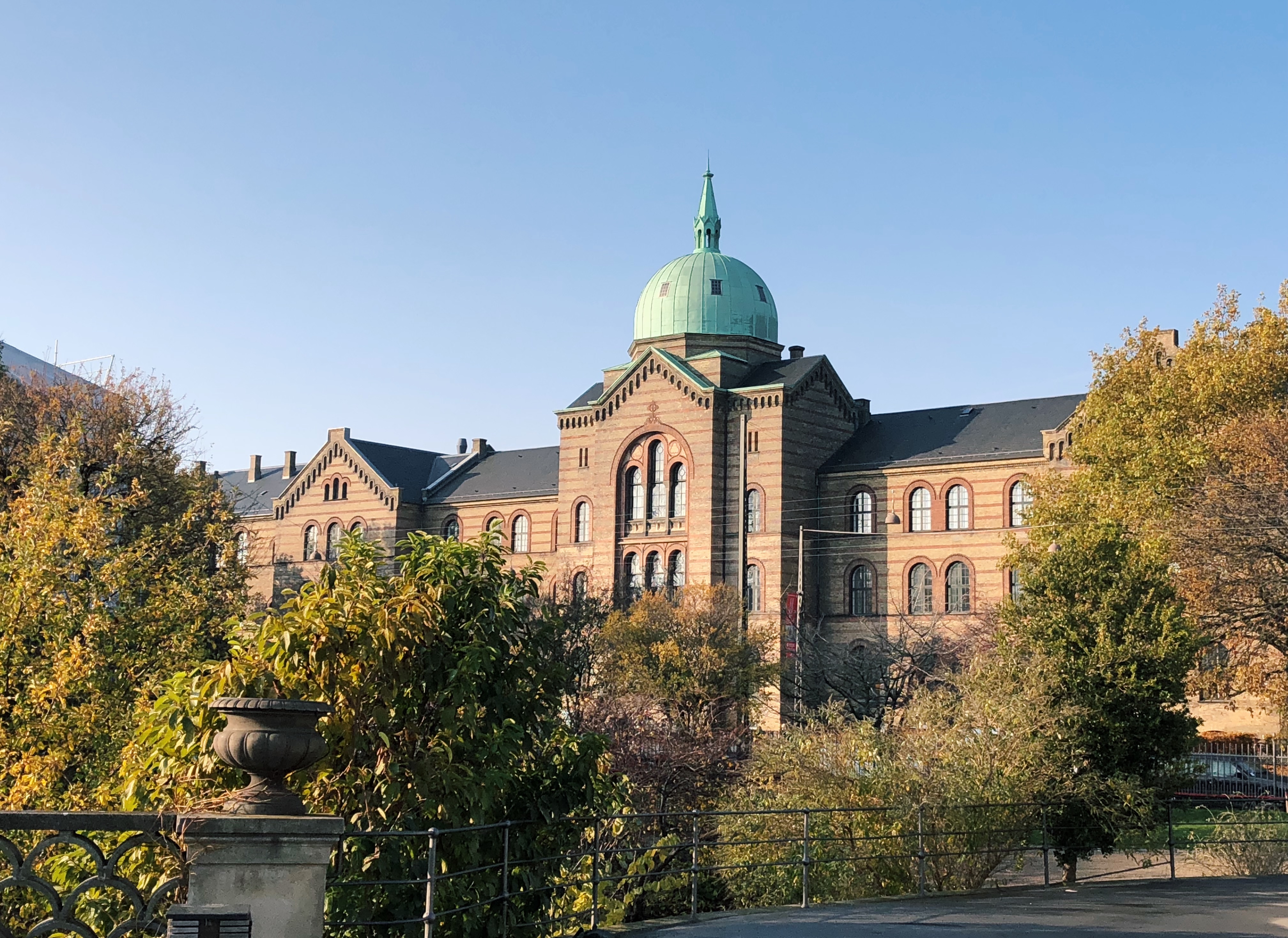
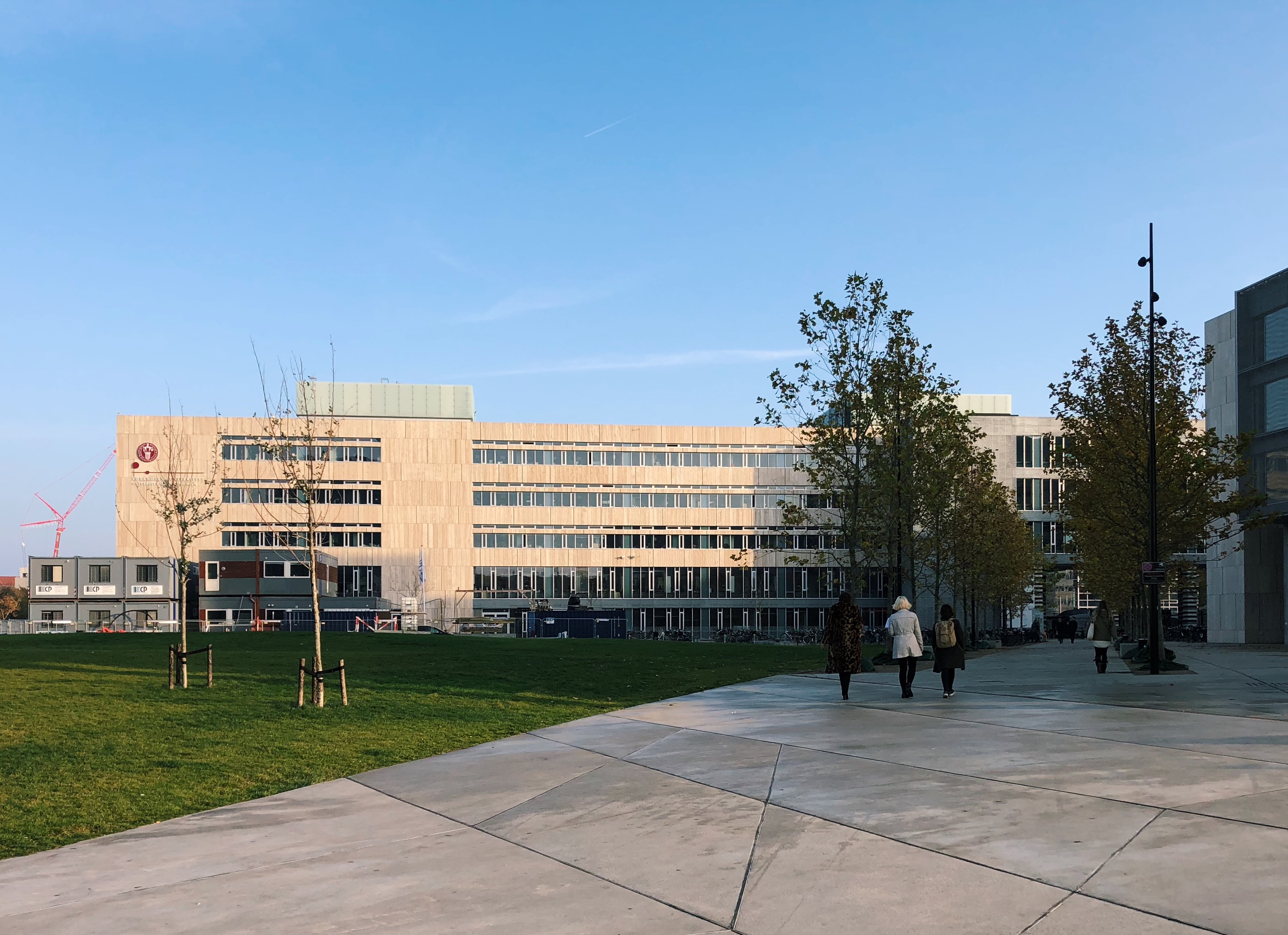
#3 – Assignments
Students at the University of Copenhagen do not receive homework assignments, take midterm exams, or even typically complete papers throughout the semester. Rather, they complete a lot of reading throughout the semester, participate in group work, and are expected to spend a considerable amount of time outside of class processing and thinking critically about the class material in preparation for the lengthy final exam requirements. In both of the courses I was enrolled in this semester, I was required to complete an active participation assignment. This assignment is not graded, but is a prerequisite that, upon completion, makes you eligible to complete the final exam. For my Social Psychology class, my active participation consisted of a 20-30-minute group presentation, presented in front of the class, on one of the readings assigned to us. For Danish Architecture, I was required to write a 2-3-page synopsis introducing and outlining my final paper topic. My finals for both of these classes take the form of lengthy analytical papers. For the past couple of weeks, I have been working on a 15-20-page research paper on the relationship between health and architecture for my Danish Architecture Class. Next weekend, I will complete a 72-hour written exam for Social Psychology, which means I will be given a paper topic on Friday and I will have 72 hours to write, edit, and turn in my assignment.
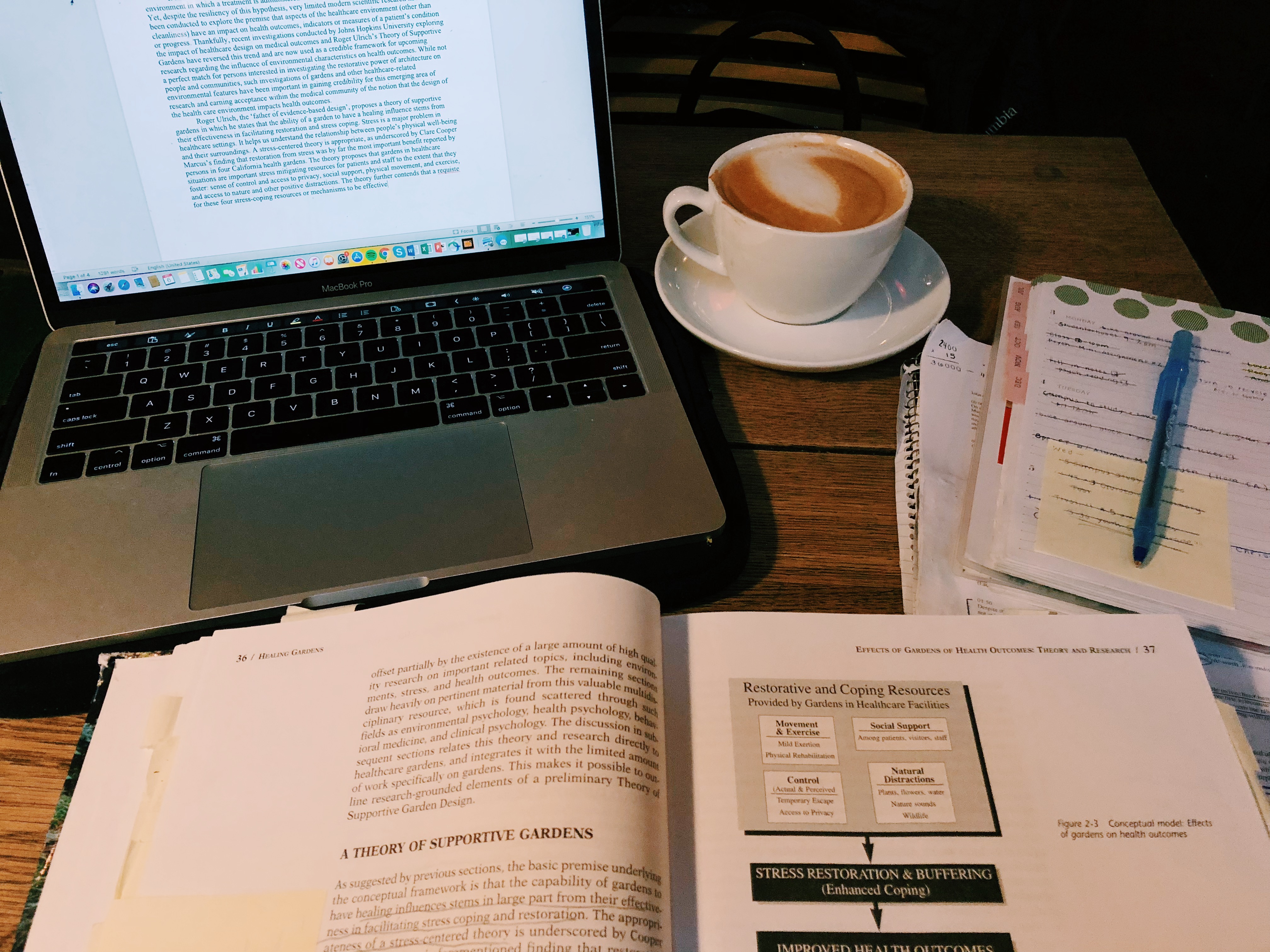
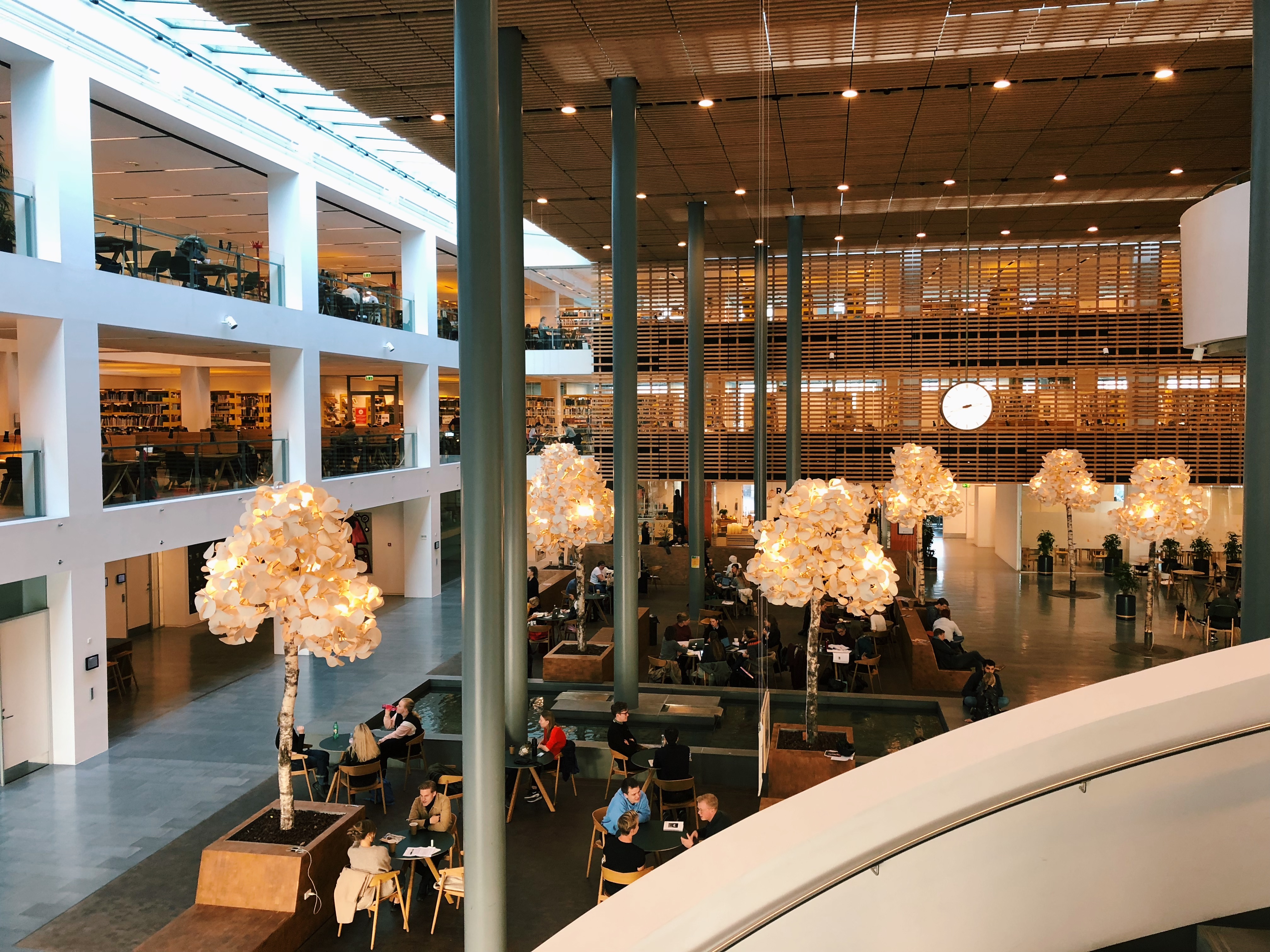
Looking forward to the successful completion another semester
vi ses næste indlæg! xo Chloe
Chloe Zgorzelski studied in Copenhagen, Denmark in 2018: http://eap.ucop.edu/OurPrograms/denmark/Pages/univ_of_copenhagen.aspx



